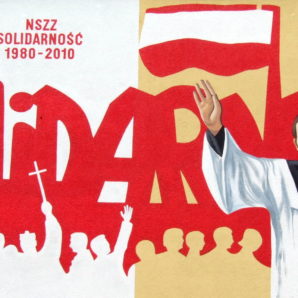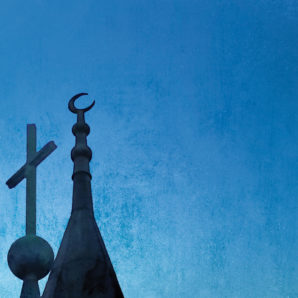Further Reflections on Muslimism
What Muslimists achieve is a conservative transformation of the concept of umma as something that has acquired throughout the ages an authoritarian style and conceptualization. It is not a rejection of umma or communal experience per se, but it is the demand that community, as an external source of power, is not the main agent of morality. For example, many Islamists see the hijab as a making symbol of Muslim community, a symbol that creates the Muslim community in its differentiation from others. Read the full article »
Read More →
What Muslimists achieve is a conservative transformation of the concept of umma as something that has acquired throughout the ages an authoritarian style and conceptualization. It is not a rejection of umma or communal experience per se, but it is the demand that community, as an external source of power, is not the main agent of morality. For example, many Islamists see the hijab as a making symbol of Muslim community, a symbol that creates the Muslim community in its differentiation from others. Read the full article »
Read More →

